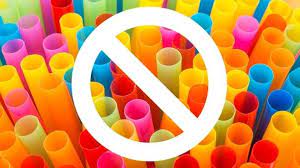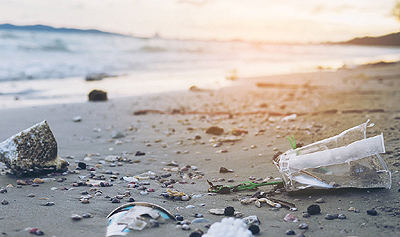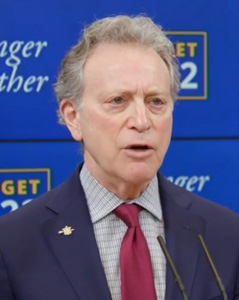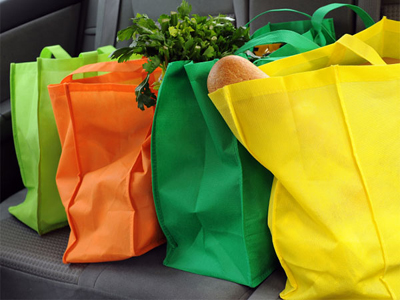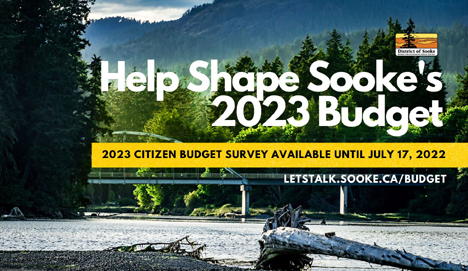Sunday July 3, 2022 | GREATER VICTORIA, BC
by Molly Pearce | Island Social Trends | Editor: Mary P Brooke
The tug between public health and environmental sustainability is central to the debate over single-use plastics in our island community.
There is no doubt that the harms these pollutants cause to local marine and land ecosystems. But COVID-19 brought our then decisive opposition of single-use plastics into question — there was a return to the use of single-use plastics and the proliferation of single-use disposable face masks was also quite noticeable.
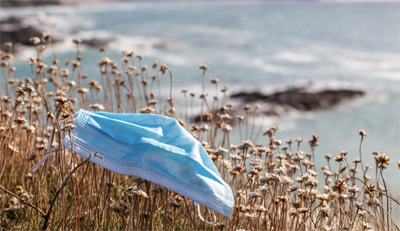
If some single-use plastics are essential to protect the health of ourselves and those around us, we need to understand and minimize the risk they pose to our environment.
Pre-COVID:
In the days before COVID, reusable cups and shopping bags were beginning to become the norm in the hopes of eradicating the countless disposable plastics that fill landfills. Things changed when the pandemic hit. Suddenly, many grocery stores disallowed cloth shopping bags at check-out tills.
As for your morning coffee? Reusable cups were a no-go just about everywhere. Big chains like Starbucks only started allowing the use of reusable cups again in June 2021, at the same time they announced their ban on plastics straws.
In the ocean, on beaches:
A large percentage of the plastics found washed up on our shores are consumer plastics for use within the food service industry.
Straws and plastics cutlery are two major culprits.
Around southern Vancouver Island, you will find certain beaches with more plastics than others. This is due to a couple of factors.
Beaches such as Willows Beach in Oak Bay is an example of a trap area for ocean plastic. The shape of the shoreline and the direction of the currents means that waste in the ocean gets caught on the beach and is not swept back away. Another factor is the infrastructure and food services that surround any given coastal area. A popular beach next to a fish and chips restaurant would have more waste than one a beach in a provincial park would, for example.
Federal single-use ban:
In a recent news release, Environment and Climate Change Canada announced the plan ban single-use plastics as of December 2022. Minister of Environment and Climate Change Steven Guilbeault stated: “By the end of the year, you won’t be able to manufacture or import these harmful plastics.”
Guilbeault then went on to say that “these new regulations, we’re taking a historic step forward in reducing plastic pollution.” The news release outlined to which plastics the ban applies.
The Government will also prohibit the export of plastics in the six categories by the end of 2025, making Canada the first among peer jurisdictions to do so internationally:
- checkout bags;
- cutlery;
- food-service ware made from or containing problematic plastics that are hard to recycle;
- ring carriers (as used on beverage container packs);
- stir sticks; and
- straws (with some exceptions).
Over the next decade, this world-leading ban on harmful single-use plastics will result in the estimated elimination of over 1.3 million tonnes of hard-to-recycle plastic waste and more than 22,000 tonnes of plastic pollution, which is equivalent to over a million garbage bags full of litter.
BC ban on single-use plastic:
In 2021 the BC government took action to allow local governments to ban single-use plastics. The first phase of new regulations is expected in early 2023. Decisions will be made based on the environmental and economic impacts of any bans.
“We have heard the call for more direct action to reduce plastic debris and its impact on the environment and wildlife,” said George Heyman, Minister of Environment and Climate Change Strategy, after his ministry conducted public input on single-use plastics and debris.
The current act allows for packaging materials, such as plastic checkout bags and single-use polystyrene foam takeout containers, to be regulated or banned.
Following feedback from the public and local governments, the changes will add the ability to regulate other products like plastic drinking straws, utensils and stir sticks that are harmful to the environment.
Municipal bans:
By October 2021, more than 20 municipalities in BC had bylaws under development to ban such items.
Saanich (checkout bag regulation started Aug 20, 2021), Victoria (checkout bag regulation took effect April 15, 2021), Esquimalt (checkout bag regulation in place August 16, 2021), and Sooke (checkout bag regulations took effect May 22, 2022) are among the municipalities that now have approved a range of bylaws on single-use plastics.
CRD monitoring impacts:
The CRD meanwhile is monitoring the effects of plastics dumped in their landfill through their Hartland Landfill Environmental Program. On their website the CRD also shares helpful educational material on what plastics can and cannot be recycled, keeping many plastics out of the landfill.
At Hartland Landfill, a 5R hierarchy of Reduce, Reuse, Recycle, Resource Recovery and Residuals Management is applied in an effort to seek the highest and best use of waste materials.
To consumers, CRD recommends ‘reduce and reuse’ toward management of things used in everyday life. One recommendation is to keep a reusable straw (or forgo the straw altogether) and a set of reusable cutlery in your car or bag for your takeout meals.
Hartland Landfill is expected to be full by 2050 unless significant changes are made in disposal and recycling habits by residents, businesses and industrial operators in the Greater Victoria area.


